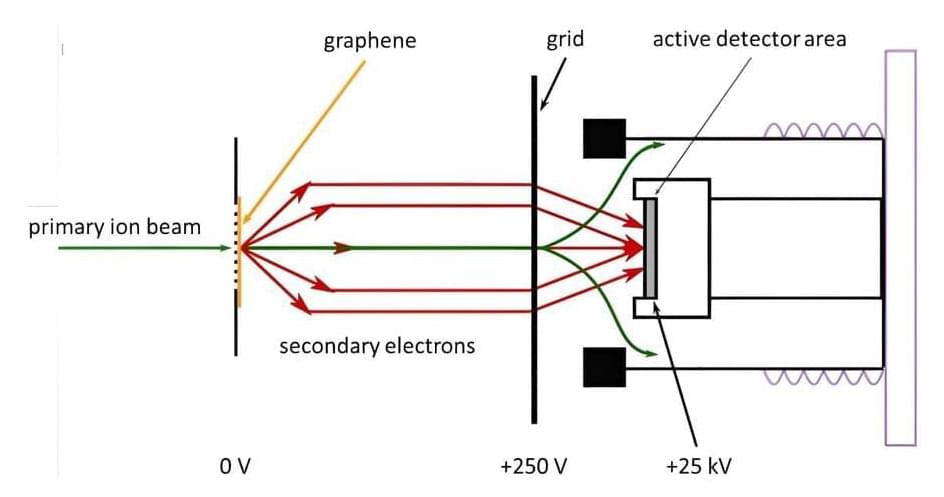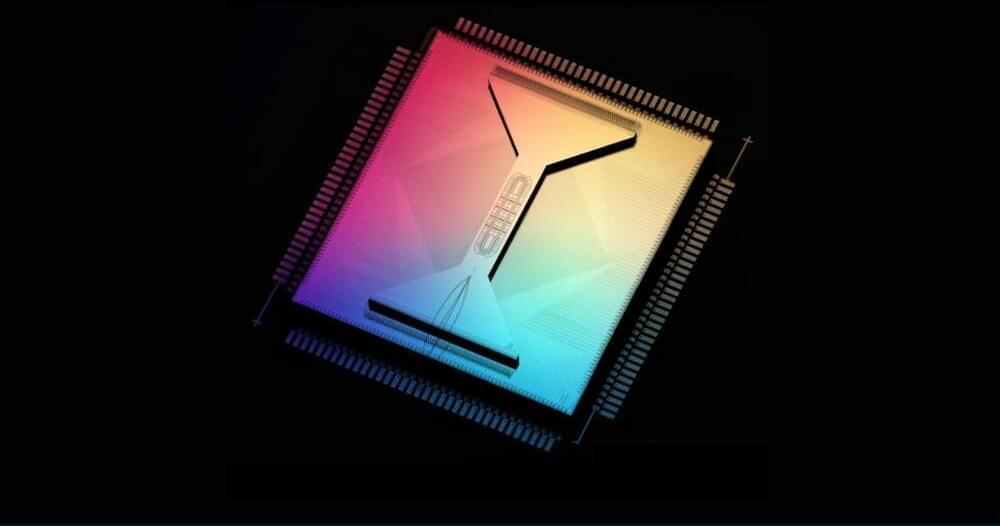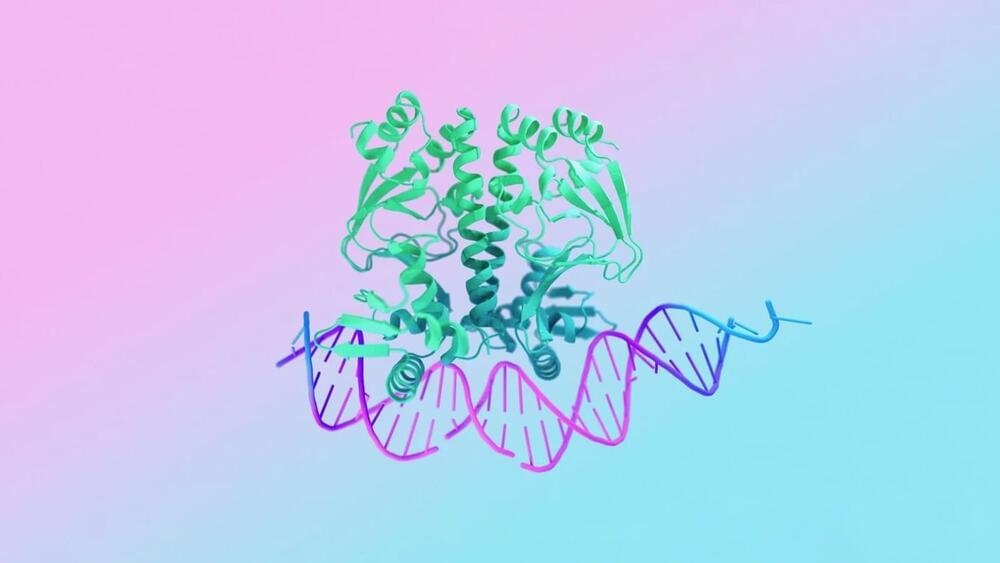May 17, 2024
Ion irradiation offers promise for 2D material probing
Posted by Saúl Morales Rodriguéz in category: materials
Two-dimensional materials such as graphene promise to form the basis of incredibly small and fast technologies, but this requires a detailed understanding of their electronic properties. New research demonstrates that fast electronic processes can be probed by irradiating the materials with ions first.


















